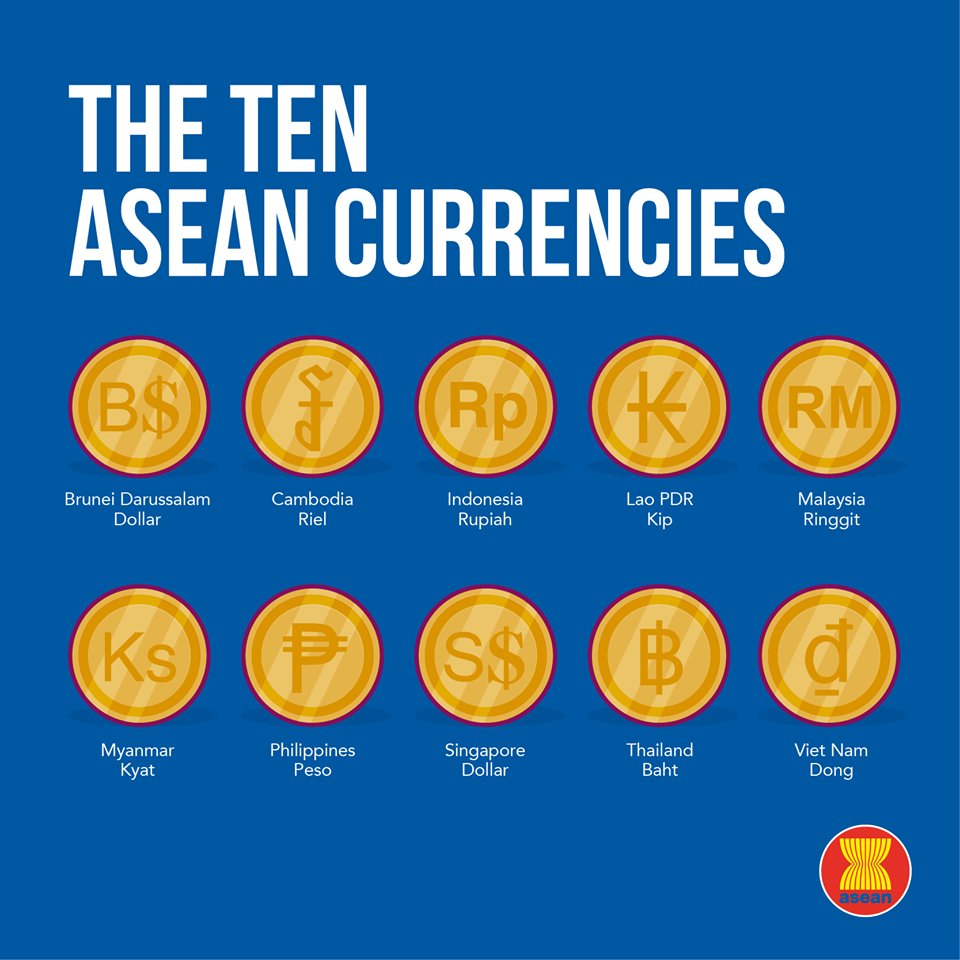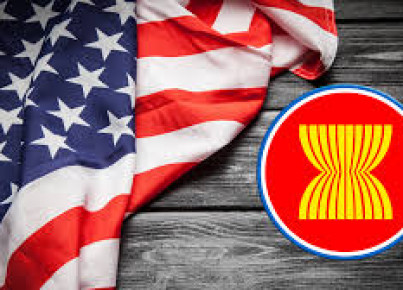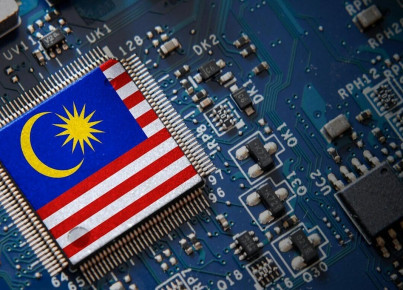With global inflationary pressures, the idea of a single currency for countries in the Southeast Asian region is back on the agenda. But obstacles remain.
Editorial by Lorenzo Lamperti
A common currency for the ASEAN region. Among the first to launch the proposal was the former Premier of Malaysia, Mahathir Mohamad, after the Asian financial crisis. Proposal reiterated in 2019, when he spoke of a common trade currency pegged to gold, "not to be used locally but to regulate trade." The hypothesis has come back to the fore in these weeks marked by global economic turmoil and inflationary pressures. Raising it again was notably Vijay Eswaran, a Malaysian businessman and Executive Chairman of the multinational QI Group, based in Hong Kong but operating in some 30 countries. "Why the push for a common currency in ASEAN? Just look at Europe, where the euro is the best example of a common currency. In the 20 years since its introduction, the euro has contributed to the stability, competitiveness and prosperity of European economies. The single currency has helped keep prices stable and has protected euro area economies from exchange rate volatility," Eswaran says in a commentary published in the Jakarta Post in recent days. Many Asian emerging market economies hold large reserve assets denominated in U.S. dollars as a means of self-insurance against potential financial instability. According to the businessman, "with this dependence on the dollar, Asian countries are highly exposed to shocks from changes in economic policy and conditions relative to the United States." A common currency, Eswaran continues, "could help eliminate exchange rate uncertainty, guard against speculative attacks, and increase ASEAN's bargaining power," with long-term interest rates "likely to fall and become less volatile" and intra-regional trade flows facilitated. There could also be benefits for individuals, with greater accessibility for services such as health care, education and tourism. "Labor and talent could be more easily exchanged, leading to more job opportunities and greater economic integration among ASEAN countries," Eswaran concludes. The biggest obstacle to concrete developments in this regard, however, remains the great diversity in economic development among member countries. Suffice it to say that Singapore has a per capita income 60 times that of Myanmar.






